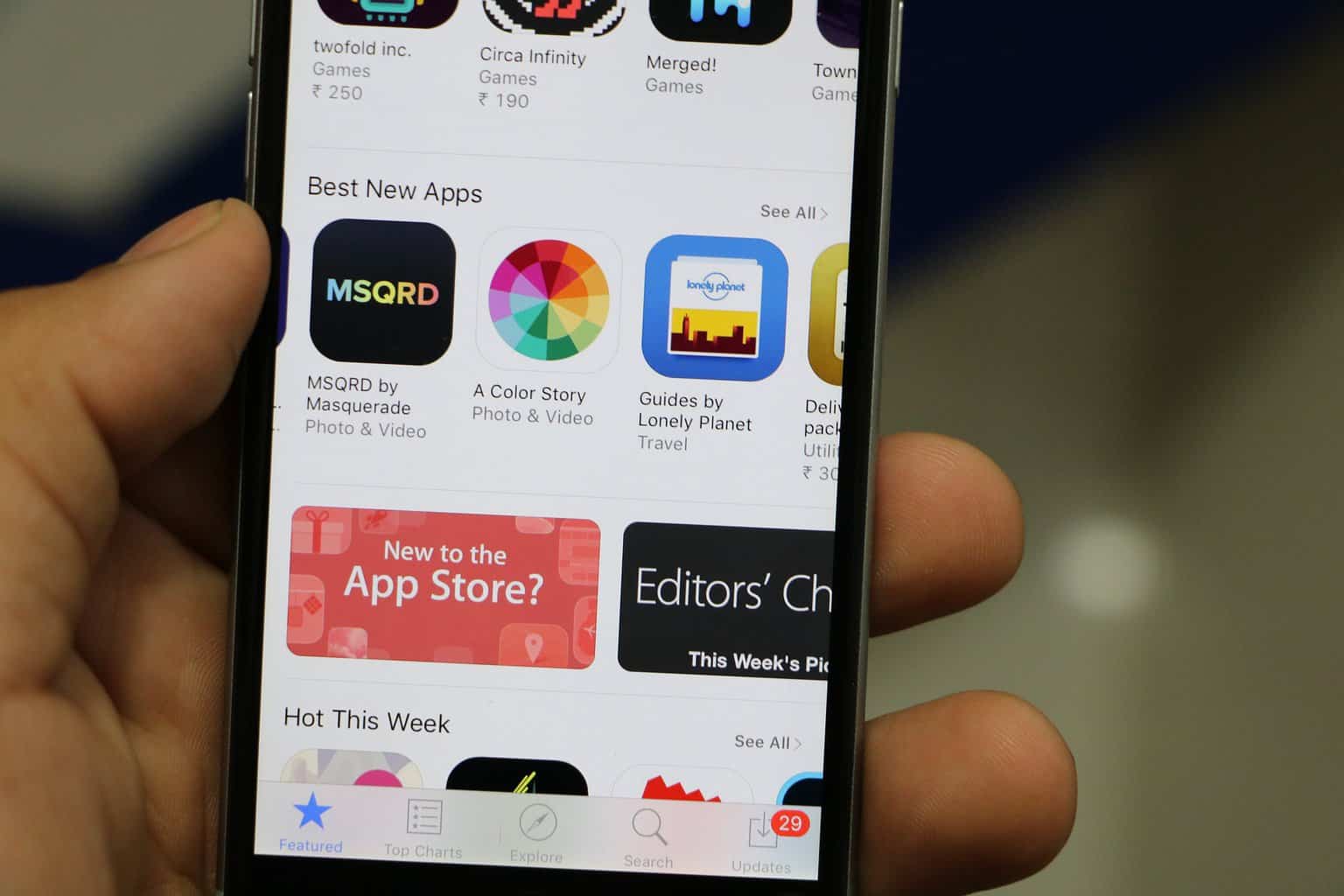ASA deems Unibet ambassador blog tweet as an advert

The Advertising Standards Authority (ASA) has ruled that a tweet from the account of horseracing trainer Nicky Henderson promoting one of his sponsored blogs on Unibet’s content site did not qualify as ‘editorial content’ and should have been marked as a marketing communication.
The tweet, posted on 27 October, stated: “We’re underway with the jumps and my exclusive @unibet blog is now ready to read …”. A link to the blog was included.
The judgment highlights the fine line in the definition between genuine tweets and paid for tweets and also how they are handled at a contract level.
The ASA said it conducted two tests as to whether the tweet was a marketing communication or editorial content:
- if Unibet had an agreement with Henderson
- if the operator had any degree of control over the content of the tweet
On the first point the ASA said that Unibet and Henderson had entered into an agreement whereby the racehorse trainer acted as a brand ambassador for Unibet, involving a range of activities, including a requirement that he published a blog on social media, and that he periodically updated his social media accounts. The conclusion being that Henderson had been paid by Unibet to promote the brand, including on social media.
On the second point, because Unibet required Henderson to post about his blog on social media the ASA concluded that the operator did have control over the content of tweets relating to the blog and therefore the tweet was a marketing communication and should have been obviously identifiable as such.
The ASA also added: “We noted that some of Mr Henderson’s tweets that were not marketing communications would identify Unibet by tagging Unibet into the post or included references to Unibet sponsored races. On that basis, we considered that it was not clear which tweets on Mr Henderson’s account were marketing communications for Unibet. The tweets for Mr Henderson’s blog, therefore, should have been identified as such.”
Unibet said that it didn’t believe the tweet breached the CAP code as it did not consider the tweet to be a marketing communication. It argued that the firm had a reciprocal arrangement with Henderson, who was its brand ambassador. That arrangement required Henderson to display Unibet branding, but did not require him to tweet on the firm’s behalf and that it did not have any editorial control over his Twitter account.
However Unibet’s case was severely undermined by its actual contract with Henderson, which appears to be a generic ambassadorial one and not tailored for this particular partner.
The contract stated that Unibet paid Henderson to be an ambassador for its brand and included a term that stated that one of Henderson’s obligations as brand ambassador was to allow Unibet to manage, with his assistance, his social media activity throughout the term of the agreement. The contract stated that Henderson was required to start a Twitter account that would be managed by Unibet on his behalf, though he would have the right to approve all tweets sent on that account.
Unibet said these were generic contract terms and did not ‘reflect the reality’ of the partnership with Henderson as he already had an existing Twitter account before the deal was agreed.
Unibet and Henderson have now been told that they must ensure that their future marketing communications were obviously identifiable as such, for example by using an identifier such as “#ad”.
This may have implications for the content strategy of many affiliates who use blogs by well-known personalities and require them to be promoted via the social media accounts of the people who write them.






